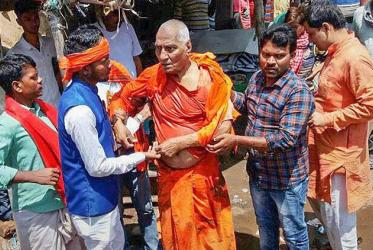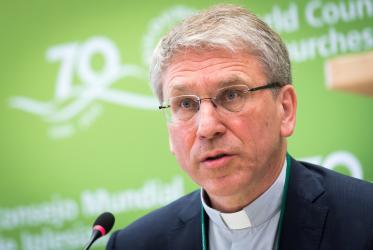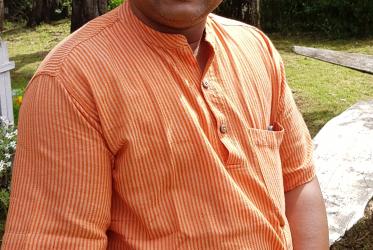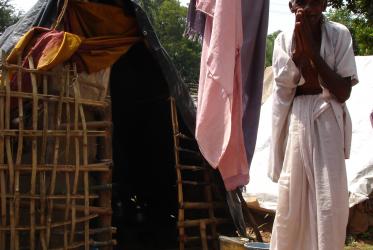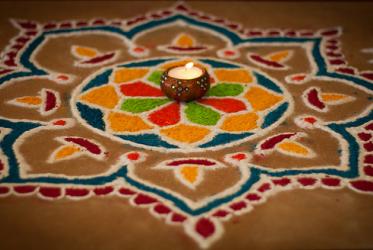Displaying 141 - 160 of 283
Diakonia: “a tool to reach abundance of life”
24 July 2018
#WCC70: A prayer about health and healing
20 July 2018
Dr Samuel George: “Ensure all are included"
12 June 2018
Determined to make a difference
18 April 2018
Seven weeks of Lent highlight water justice in Latin America
12 February 2018
#WCC70: Remembering Orissa
11 January 2018
WCC Executive Committee issues statement on bishop from Philippines
18 November 2017
WCC offers greetings to Hindus celebrating Diwali
19 October 2017
Conversion by heart
16 October 2017
Tveit offers inaugural address at Church of North India synod
04 October 2017
Church of South India celebrates 70th anniversary
29 September 2017
Former director of the WCC Programme on Theological Education has died
29 September 2017
"We have our work cut out for us"
10 August 2017

